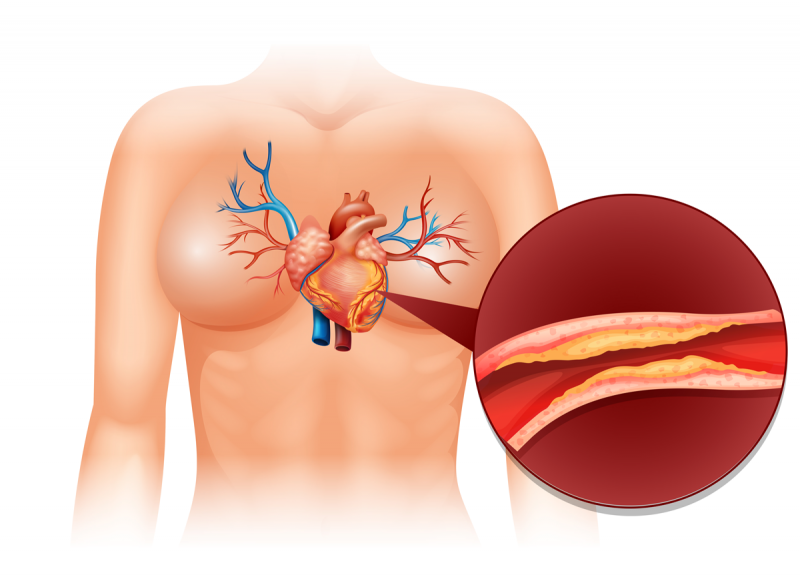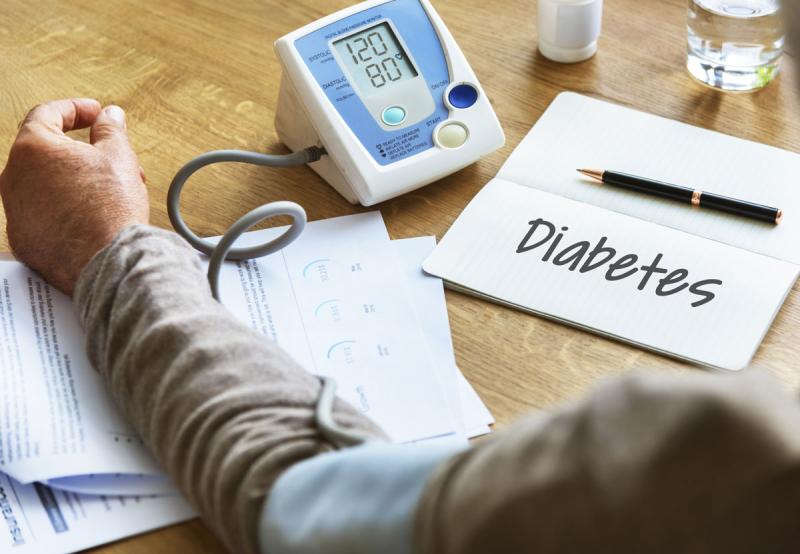Premenstrual syndrome or PMS is a group of physical and emotional symptoms, many women may have, few days before their period starts. These usually go away 1 to 2 days after the menstrual period start. PMS is a very common concern. Nearly 48% of women who are of reproductive age experience PMS, and for about 20 percent of them, symptoms are severe enough to affect their regular routine.
Cause
The exact cause of PMS is not known. Changes in brain hormone levels may play a role. However, this has not been proven. Women with PMS may also respond differently to these hormones.
Most women experience PMS symptoms during their childbearing years. PMS occurs more often in women:
- Between their late 20s and 40s
- Who have had at least one child
- With a personal or family history of major depression
- With a history of postpartum (the first six weeks after giving birth) depression or an affective mood disorder.
The symptoms often get worse in late 30s and 40s and as menopause approaches.
Signs and symptoms
The symptoms may be divided into five basic categories—A (anxiety), C (craving), D (depression), H (hydration), and O (others).
PMS-A (anxiety) symptoms include:
- Difficulty sleeping
- Tense feelings
- Irritability
- Clumsiness
- Mood swings
PMS-C (craving) symptoms include:
- Headache
- Cravings for sweet/ salty/ specific foods
PMS-D (depression) symptoms include:
- Depression
- Feeling angry for no reason
- Getting easily upset
- Poor concentration or memory
- Feeling of low self-worth
- Violent feeling
PMS-H (hydration) symptoms include:
- Weight gain
- Abdominal bloating
- Breast tenderness
- Swelling of extremities
PMS-O (other) symptoms may include:
- Dysmenorrhea (menstrual cramps)
- Change in bowel habits
- Frequent urination
- Hot flashes or cold sweats
- General aches or pains
- Nausea
- Acne
- Allergic reaction
- Upper respiratory tract infections (cough, sore throat, runny or blocked nose)
Dietary Treatment
Choose foods high in complex carbohydrates, such as fruits, vegetables and whole grains and avoid refined flour (maida) and all the overly processed bakery food products. These may reduce mood symptoms and food cravings.
Increase intake of calcium:
Many studies suggest that eating foods rich in calcium tend to reduces mood disorders during PMS. Foods that are rich in calcium include ragi, jowar, green leafy vegetables, low fat dairy, sesame seeds etc.
Get Vitamin D:
Besides supplements, we can also go out for a walk in sunlight to get that extra dose of natural Vitamin D.
Reduce salt:
Like sugar, salt is also hidden in many places, therefore it is very important to eat home cooked food to minimize PMS. Eating less salt is particularly recommended for those with bloating, breast tenderness or swollen hands.
Drink plenty of water:
Drinking around 2 liters of water daily reduces bloating and aids digestion. If one does not like the taste of water one can flavor it with lime, lemon or cucumber.
Herbs beneficial for PMS
Saffron –
Few strands of saffron soaked overnight in milk has been proved very beneficial to relieve PMS. One can start it 1 week before periods.
Cinnamon:
Boil 1Tbsp (around 15 grams) of cinnamon in 1 litre of water, boil to reduce it to half. Then drink it hot for 4- 5 days. It can be stared 4-5 days before the date of menstruation.
Other foods:
Foods rich in iron are very helpful to ward away the lethargic feeling e.g. raisins, garden cress seeds, whole pulses etc.
Regular Exercise
Along with theses dietary changes, it is very important that one should go for at least 150 minutes of moderate exercise or 75 minutes of intense workout per week. Regular daily exercise can help alleviate certain symptoms, such as fatigue and a depressed mood.
Living with PMS
Managing PMS begins with knowing about PMS symptoms and when they happen. Although PMS symptoms are common amongst most women, they should not be as bad as to stop you from carrying out your everyday activities. You can modify your diet and do regular physical activity to get through each month as smoothly as possible. In case, the symptoms are severe and none of the above remedies help, then you should consult a doctor.



